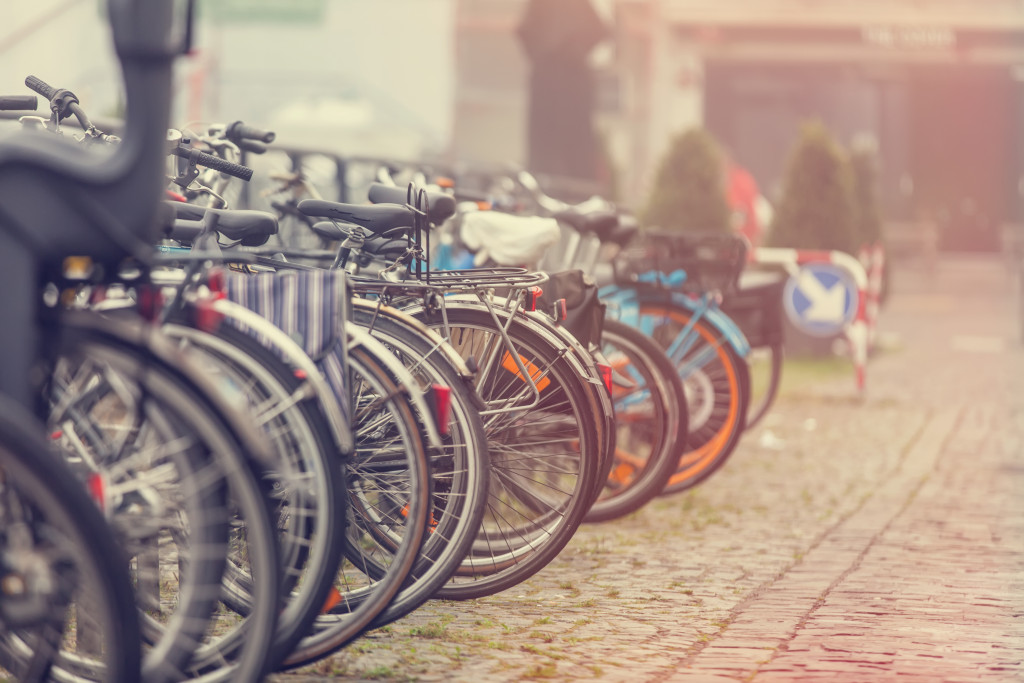One of the more appealing traits of cities and metropolitan areas has always been the social amenities that they have. Work and other career opportunities are also more prevalent here than in rural areas.
Furthermore, cities also typically house more facilities and services that cater to our needs. This includes hospitals, grocery stores, schools, and government offices.
With services and amenities centralized into one urban location, it is no wonder how thousands of people flock to cities. Everything is virtually accessible. From the outside looking in, cities look like convenient places to live in.
Unfortunately, not everything in the city is as glamorous as it sounds. With too many people converging on one location, problems with overpopulation and land use have consistently been observed in various metropolitan areas.
These population problems often permeate multiple facets of city living. One of them is transportation.
It is not surprising for cities to experience heavy traffic. Moscow leads the world in traffic, followed by Mumbai. These are major cities in their respective countries.
Cities and Traffic Congestion
While it may have been normalized, traffic congestion remains a serious problem. As common as it is, cities still struggle to find solutions for it.
A Waste of Time
Traffic congestion is undoubtedly a huge waste of time. Some have to spend hours just to get to their destinations.
In 2018, an average commuter in Boston lost around 164 hours due to heavy traffic. In the same year, the average commuter wasted around 155 hours in Washington D.C.
If heavy traffic were nonexistent, this lost time could have been spent on more productive things at school, at home, or at work. Heavy traffic essentially delays our daily proceedings. With that, our overall productivity is negatively affected by heavy traffic.
An Environmental Nightmare
Time is not the only thing that heavy traffic wastes. It is also a huge waste of resources. Heavy traffic causes cars to be constantly idle. This results in higher fuel consumption per vehicle.
With higher fuel consumption and time spent on the road, vehicles can emit more harmful gases into the atmosphere. Transportation emissions account for around 29% of greenhouse gases in the United States. These gases steadily contribute to global warming.
Heavy traffic is ultimately becoming an environmental problem, as it causes demand for fossil fuel consumption and is a contributor to global warming.
These effects can be alarming. For this reason, people have been encouraged to resort to more sustainable ways of transportation.
The Bicycle
Such sustainable alternatives include cycling. The use of bicycles is nothing new. These vehicles have been around since 1817 and are now used for various functions for more than a hundred years. Several countries in Europe and Asia have even been developing a strong biking culture in recent years.

While used in many ways, it remains clear that the bicycle provides the ability to transport individuals without using fossil fuels or electricity. Through sheer pedal power, people can now get to their destinations without using cars. This is an alternative that has the potential to provide transportation to hundreds of people without experiencing too much environmental harm.
Escaping Traffic
Apart from being a good alternative for transportation, using bicycles can also help users avoid heavy traffic. This is because bicycles can pass through between vehicles in every traffic situation. Some places even have bike lanes that only allow bicycles to pass through.
This is a good alternative for people who want to save money on gas. Bicycles are even more economical for those who live near their schools and workplaces, as they can use these to travel every day.
Exercise
Apart from escaping the horrors of heavy traffic, cycling can also be a good form of exercise. This is much-needed for city dwellers who have trouble finding time to exercise.
Riding bicycles can benefit those who choose to ride them, as they can be integrated into their daily travel routine.
Limitations
But of course, bicycles are not completely flawless. It may not be suitable for people who need to travel long distances daily. Biking is a physically demanding activity that may not be suitable for those who have health issues as well.
Apart from that, bicycle riders in the city are also prone to accidents. Bikes do not have the protective systems that a car would have, such as airbags and seat belts. Of course, when this happens, they can always go to therapists and chiropractors for post-vehicular accidents to ensure that they recover properly.
But even as bicycles have their limitations, it is hard to deny that they are great alternatives for sustainable travel. With that, every city-dweller should consider bicycles for everyday use.






